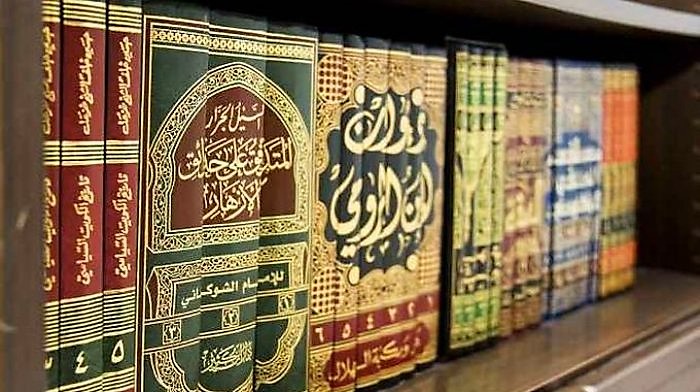Is it true that there has always been an established and universally accepted framework for the principles of *tafsir* (Qur’anic exegesis)? Or is this notion still merely a claim?
The book Al-Ta’lif Al-Mu’ashirah fi Qawa’id Al-Tafsir explores fascinating discoveries regarding the emergence of such claims among contemporary scholars. The topic is particularly fresh within current scholarship, and the historical approach employed by the author is highly thorough.

To the author, tafsir stands out as a unique discipline, distinct from others such as fiqh (Islamic jurisprudence) or usul al-fiqh (principles of Islamic jurisprudence), where the boundaries and principles are well-established and widely agreed upon. The case of tafsir, however, is different. The author argues that the principles proposed by scholars are not uniform, and there has never been a historical consensus on the rules of tafsir among the various levels of mufassirin (Qur’anic interpreters).
The author delves into the issue of contemporary scholars’ works, which claim to outline fixed principles of tafsir. These claims are based on the notion that earlier scholars had already perfected a set of standardized principles, which later became accepted as an unquestionable scholarly authority. This is the very notion the author critically examines in this book.
The author’s research methodology involves collecting works on qawa’id al-tafsir (the principles of exegesis) and organizing them chronologically. The content of these works is then systematically compared. The author demonstrates remarkable insight by offering a comparison of the introductions found in each of these works, revealing differences in how each scholar structured their introduction and approach.
The author identifies several key works on the principles of tafsir and classifies them into four main elements: 1) types of writings, 2) theoretical perspectives, 3) practical approaches (including detailed examination of the principles, explanations, and examples of their application), and 4) the number of principles presented. This categorization makes it easier to trace the development of qawa’id al-tafsir over time.







